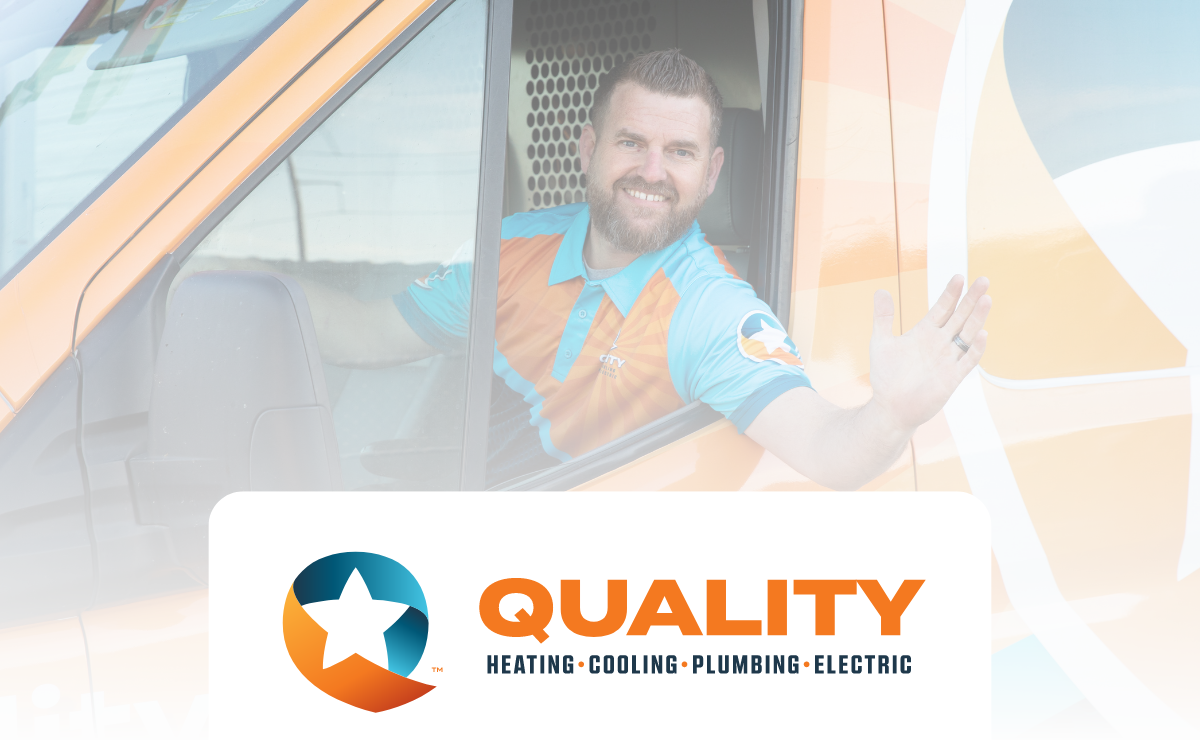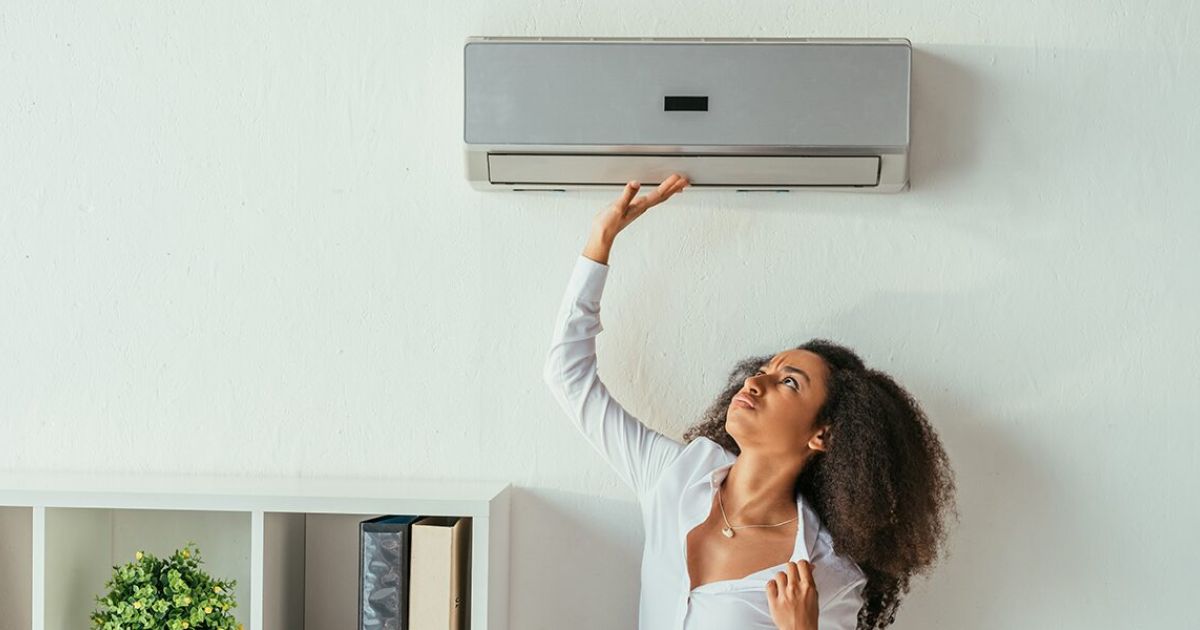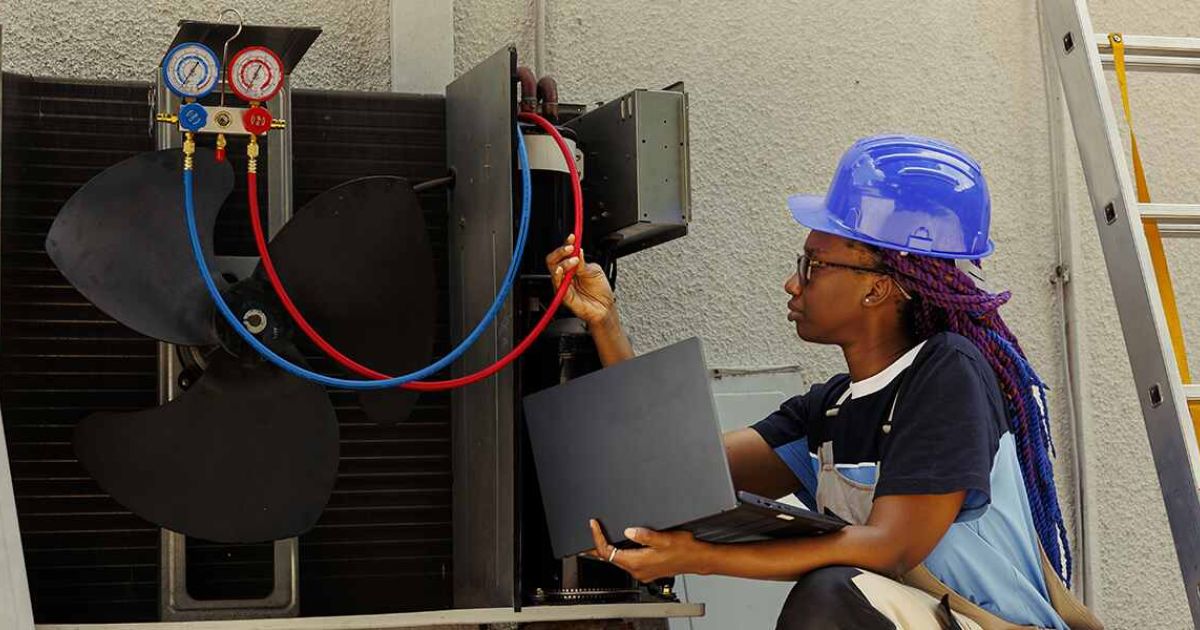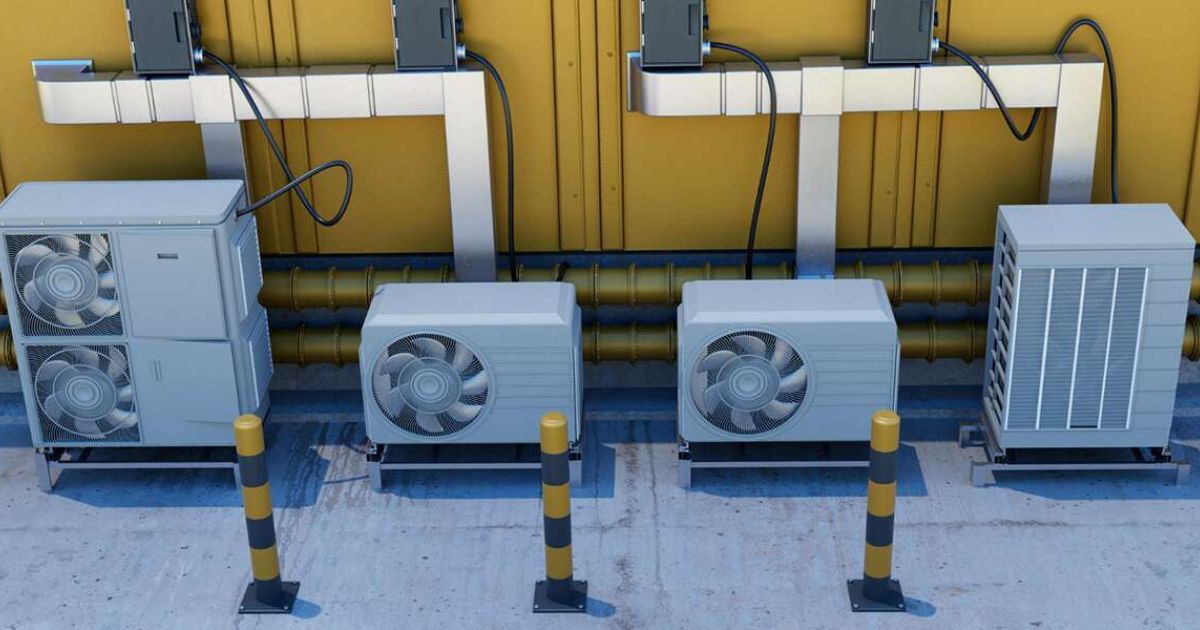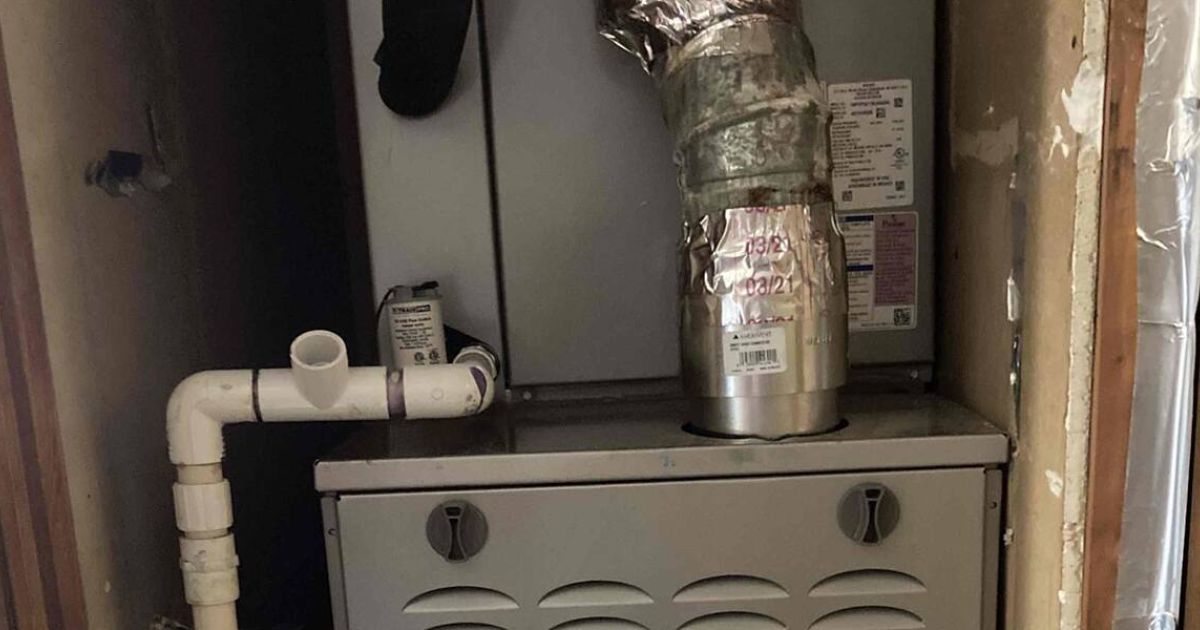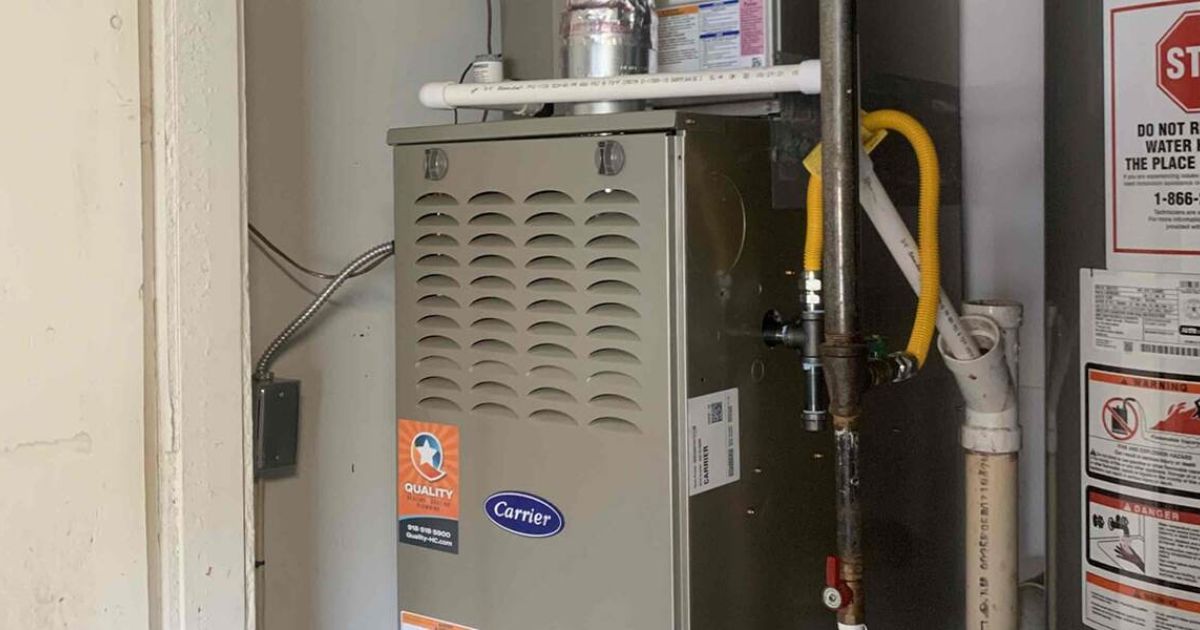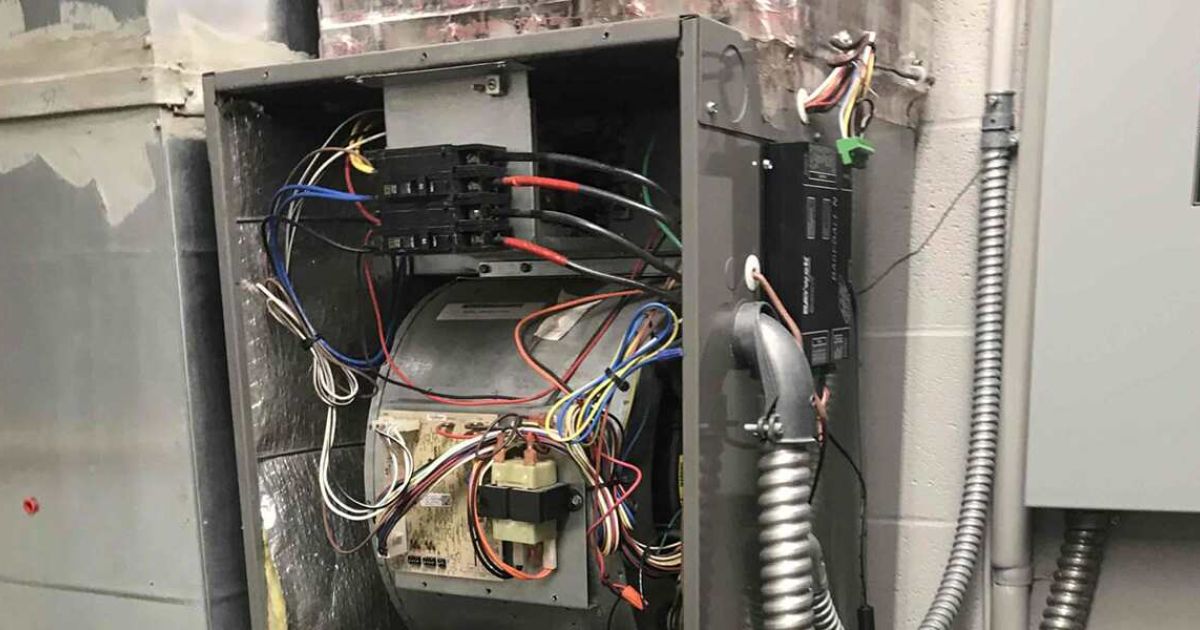Are There Tax Rebates for New AC Units I Should Know About?

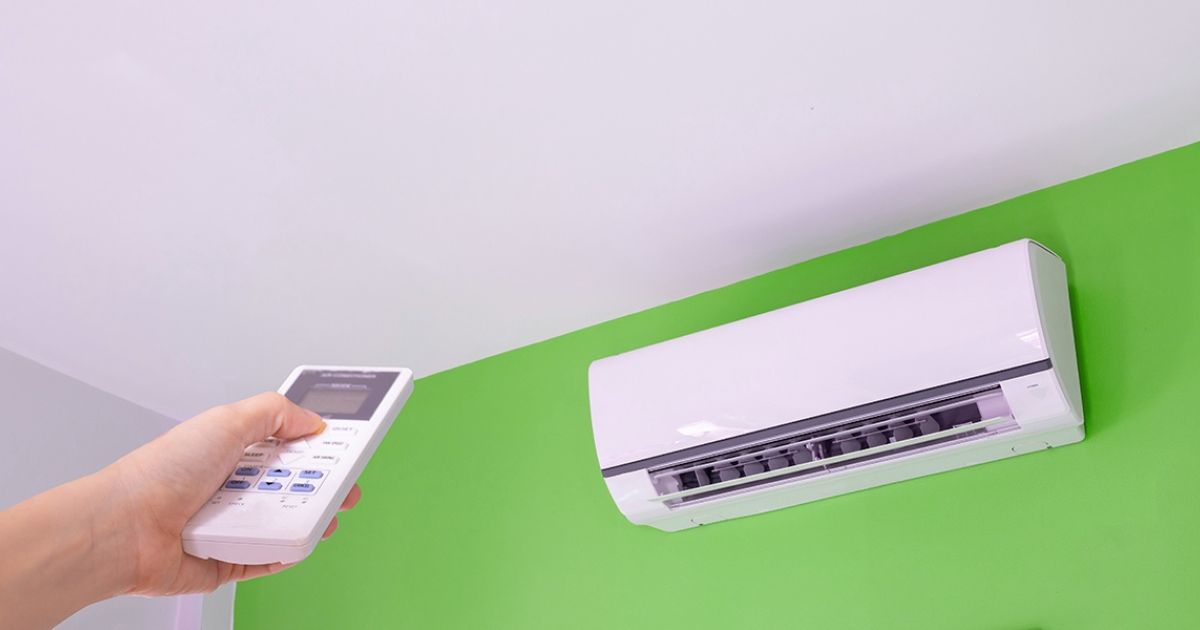
Looking for info on tax rebates? Call us at (918) 212-0122 to get answers to your questions.
Did you know that if you bought a new AC last year, you could owe less money on your taxes this year? It’s true—the federal government offers tax rebates for new AC units to promote energy-conscious behaviors in consumers. You can get tax rebates when you install an energy-efficient model that meets eligibility requirements.
So today, the Quality Heating, Cooling & Plumbing team is here to tell you everything you need to know about tax rebates for new AC units.
Contact us today for reliable AC repair services in Tulsa!
What Is the Nonbusiness Energy Property Tax Credit?
The nonbusiness energy property tax credit allows homeowners to reduce their taxable income and save money. The federal government will offer a rebate to homeowners who install a new high-efficiency HVAC system on their residential property. This program started offering high-efficiency HVAC tax credits in 2005 and has expanded since then.
In simpler terms, if you got a new AC last year, you could knock a decent chunk off next year’s taxes.
How Does the Tax Credit Work?
Taxes can get pretty complicated; fortunately, tax credits are a simple concept. A tax credit directly lowers the amount you owe. For example, if you have a tax credit for $1,000, that takes $1,000 off your tax bill.
The nonbusiness energy property tax credit provides up to a $300 credit for qualifying air conditioning units and heat pumps. You can also opt for a credit equal to 10% of the incurred cost, up to $500.
Note that tax credits are not the same as tax deductions. Credits are a direct decrease in your tax bill. Tax deductions, on the other hand, reduce your total taxable income. Qualifying AC purchases are eligible for a tax credit, but you cannot deduct the expense from your taxable income.
Is My HVAC System Eligible for the Tax Rebate?
It is important to note that the tax credit has several eligibility requirements that differ for air conditioners and heat pumps.
AC Eligibility
- Eligible split systems must have a Seasonal Energy Efficiency Ratio (SEER) and Energy Efficiency Ratio (EER) greater than or equal to 16 and 13, respectively
- Packaged systems must have a SEER and EER greater than or equal to 14 and 12, respectively
- Must have Energy Star certification
- You must have installed it before December 31, 2022
Heat Pump Eligibility
- Split system heat pumps must have a Heating Seasonal Performance Factor (HSPF) greater than or equal to 8.5 and a SEER and EER greater than or equal to 15 and 12.5
- Packaged system heat pumps require an HSPF, SEER, and EER greater than or equal to 8, 14, and 12
- Must have Energy Star certification
- You must have installed it before December 31, 2022
- Remember that all tax rebates for new AC units and heat pumps are for residential properties only. If you installed a new HVAC system in your business, that purchase is not eligible.
Remember that all tax rebates for new AC units and heat pumps are for residential properties only. If you installed a new HVAC system in your business, that purchase is not eligible.
Additional Energy Tax Credits
In addition to tax credits for qualifying AC or heat pump installation, you can also get a tax credit for installing a new boiler, furnace, water heater, or circulating fan. The breakdown for efficiency requirements and credit amounts is in the below table.
(Note: ‘AFUE’ stands for Annualized Fuel Utilization Energy and ‘UFE’ stands for Uniform Energy Factor)
| Energy Improvement | Efficiency Requirements | Credit Amount |
| Gas, Propane, or Oil Boiler | AFUE ≥ 95 | $150.00 |
| Gas, Propane, or Oil Furnace | AFUE ≥05 | $150.00 |
| Circulating Fan | ≤ 2% of annual furnace energy | $50.00 |
| Gas, Oil, or Propane Water Heater | UEF ≥ 0.62 | $300.00 |
| Electric Water Heater | UEF ≥ 2.2 | $300.00 |
How Do I Claim My Tax Credit?
If you have an eligible purchase, you can claim your tax credit by filling out IRS Form 5659 and including it with your tax returns. Initially, the tax credit expired in 2017, but Congress expanded it in 2021. The new tax credit can retroactively apply to purchases between 2017 and 2021. So even if you didn’t buy the new AC last year, you might still be eligible for the credit on next year’s taxes.
Why Does the Government Give Tax Credits for Air Conditioners?
The federal government provides tax credits for high-efficiency HVAC installation to incentivize environmentally-friendly behavior. You can think of the credit as a way of reimbursing homeowners who spend the money to install a new energy-efficient system. The government offers tax credits for some energy-efficient home upgrades, such as electric cars, solar panels, and new windows and doors.
Aside from the tax benefits, installing a new HVAC system has several advantages. New HVAC systems cost less money to run and provide better performance. Modern high-efficiency systems also have advanced filtration that improves indoor air quality in your home.
Energy Tax Credit FAQ
Below are some common questions about the energy tax credit for AC purchases:
Do AC Tax Credits Apply to Rental Properties?
AC tax credits do not apply to rental properties, only residential ones. If you live in your rental unit, you can take a percentage of the credit based on how long you’ve lived there.
Are There Tax Credits for Business Energy Improvements?
No. However, the government does offer tax deductions for businesses that make energy improvements. Business owners can claim a deduction between $0.30 and $1.80 per square foot of the building.
What Other Documents Do I Need to Provide the IRS?
Other than Form 5659, you do not need to include documentation of your purchase to get tax rebates for new AC units. However, you should still keep records of your purchase in case of a future audit.
Reliable Heating, Cooling & Plumbing Services
Read our blog to learn about the signs your air conditioner needs a replacement. For all your heating, cooling, and plumbing needs, contact Quality Heating, Cooling & Plumbing online or call today at (918) 212-0122 to schedule an appointment.

Cassie Pound is the Vice President of Quality Heating, Cooling, Plumbing & Electric with locations in Tulsa, Glenpool, and Bartlesville, Oklahoma.
